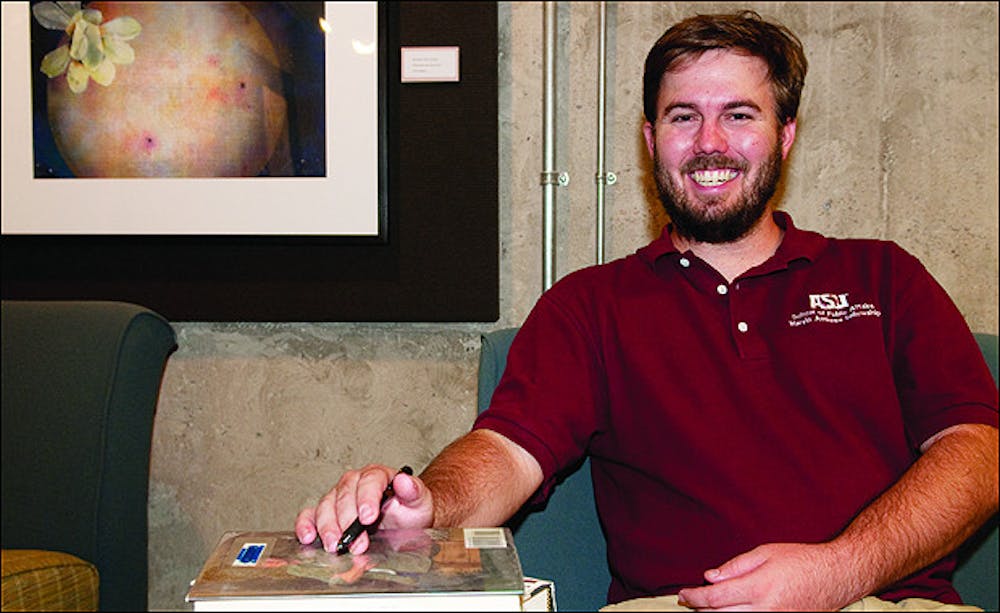The economic downturn is putting a strain on nonprofit organizations, which depend on donations and volunteer hours to survive, according to a report by The National Council of Nonprofits.
The group’s Aug. 10 report includes three surveys completed by Guidestar, The Bridgespan Group and John’s Hopkins University.
Nonprofits are currently facing budget cuts and an increasing demand for services, according to the report. One survey found that 43 percent of the nearly 100 nonprofits surveyed are cutting programs and 41 percent are cutting staff positions.
The top methods for lessening the financial impact of the tough economy include reducing services, freezing salaries and lowering budgets overall, according to the report.
“There are two major elements [to the problem],” said Matthew Croucher, an assistant research professor of economics at the W. P. Carey School of Business. “One: funding is being reduced by local, state and federal governments, and donations are also going down. At the same time, the expenses and demand for their services are going up.”
The National Council of Nonprofits hopes to illuminate some of the current problems facing the nonprofit sector, share methods used to cope with the economic downturn and spur innovation within the industry, according to the report.
One method used by 33 percent of surveyed nonprofits is to increase dependency on volunteers rather than paid staff.
Corporate Relations Manager at Habitat for Humanity Central Arizona Liz Wanless said although volunteers have stepped forward to help build homes, the impact of the economy has still been forceful.
Habitat for Humanity has seen a steady number of volunteers in recent months but not enough to make up for the economic downturn, Wanless said.
Other strategies for overcoming a plunging economy include partnering with other nonprofits, expanding marketing efforts and advocating for funds.
In a downward economy, it’s more likely that people will donate time instead of money, but volunteers are unable to work efficiently without funding for training and managerial staff, Croucher said.
Croucher also supports the decision of many nonprofits to join together and said it’s important for nonprofits to unify and find synergies.
Combining nonprofits reduces competition for funding while still allowing the companies to cut unnecessary spending and consolidate positions, he said.
The Sojourners Center, a Phoenix-based nonprofit organization that seeks to console and protect victims of domestic abuse, experienced recent budget cuts and had to carefully manage its resources, communications coordinator Lauren Mansene said.
“Our biggest decrease in funding has actually been our state funding,” Mansene said. “A cut of $370,000, and we will be losing additional money this year.”
Sojourners Center — the nation’s largest domestic violence center — is cutting normal expenses to lessen the impact of the economy and under a hiring freeze.
Due to high demand, it’s unlikely the Sojourner Center will reduce its services in face of present economical challenges, Mansene said.
However, due to financial constraints the center can’t expand its outreach in the near future.
The report encourages nonprofit leaders to find solutions that will result in organizations’ long-term financial health despite the current economic condition.
“Keeping a positive outlook and wisely deploying resources will help us get through,” the report said. “Coming together as a nonprofit community will help each organization emerge from this crisis stronger.”
Reach the reporter at wmeeth@asu.edu.




